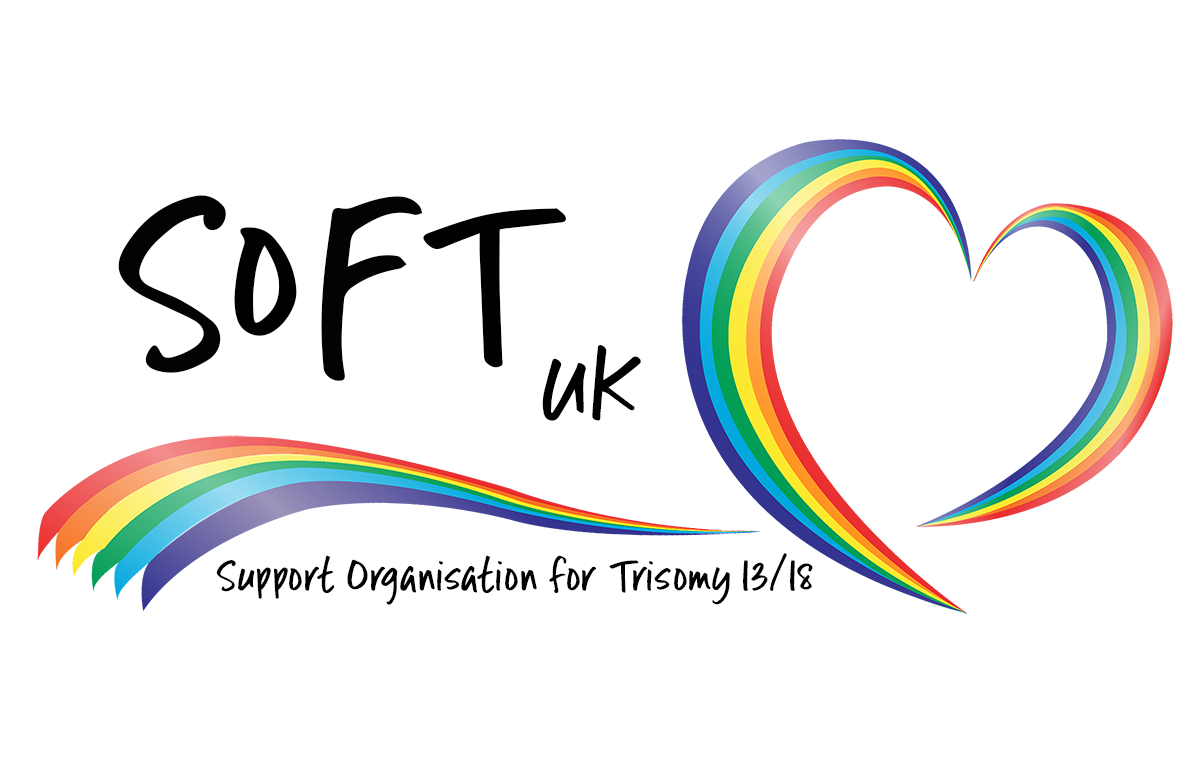Families who received an antenatal diagnosis, or had concerns during their pregnancy should have been given the opportunity to complete a birth plan, which details what you wish to happen for your baby when they are born. Depending on where you live, you may have had more in depth discussions with the doctors caring for your baby about what sort of care you would like for your baby when they are born. In some cases families will find these plans helpful and be able to work through the existing plans with the hospital care team.
However it is important to be aware that there are a lot of variables. Often it will be necessary to make decisions very quickly after your baby is born. It is not possible to know in advance how T13 or T18 will affect your baby. Some babies need no or minimal medical intervention at birth. Other babies can be born very poorly. Some families may not have had antenatal planning, or may have changed their mind about their chosen care pathway due to new circumstances. There are all sorts of reasons things might not happen quite the way you anticipated.
It is very important to tell the professionals supporting you your feelings and wishes. They will be experienced in working with families with babies who are unwell and can help you understand what is happening, what choices are available and what information they need from you. If you have difficulties communicating with professionals for any reason it is worth considering bringing a family member, friend, advocate or other professional to help you.
NHS Scotland has made changes to the National Pregnancy Screening Programme for women with a booking appointment from 28 September 2020.
Introduction of screening for Edwards’ syndrome and Patau’s syndrome in the first trimester
Second Line Test: Non-Invasive Prenatal Testing (NIPT)
Updated Screening for twin pregnancies The changes will mean that:
Down’s syndrome, Edwards’ syndrome, and Patau’s syndrome are three separate conditions which you can decide to be screened for using one blood test. This test is to find out how likely it is that your baby has either Down’s syndrome, Edwards’ syndrome or Patau’s syndrome.
NIPT will be offered as a second-line screening test option to those women who have received a higher-chance result that their baby may have Down’s syndrome, Edwards’ syndrome or Patau’s syndrome.
You’ll be offered the same screening choices if you’re pregnant with twins as you would be if you were pregnant with one baby.
You will have the option to choose whether you have these tests or not. Your midwife can help you understand if you will be able to have these new tests and will provide you with more information at your appointment. For more information, please visit: http://ow.ly/pNtI50ByUbZ

